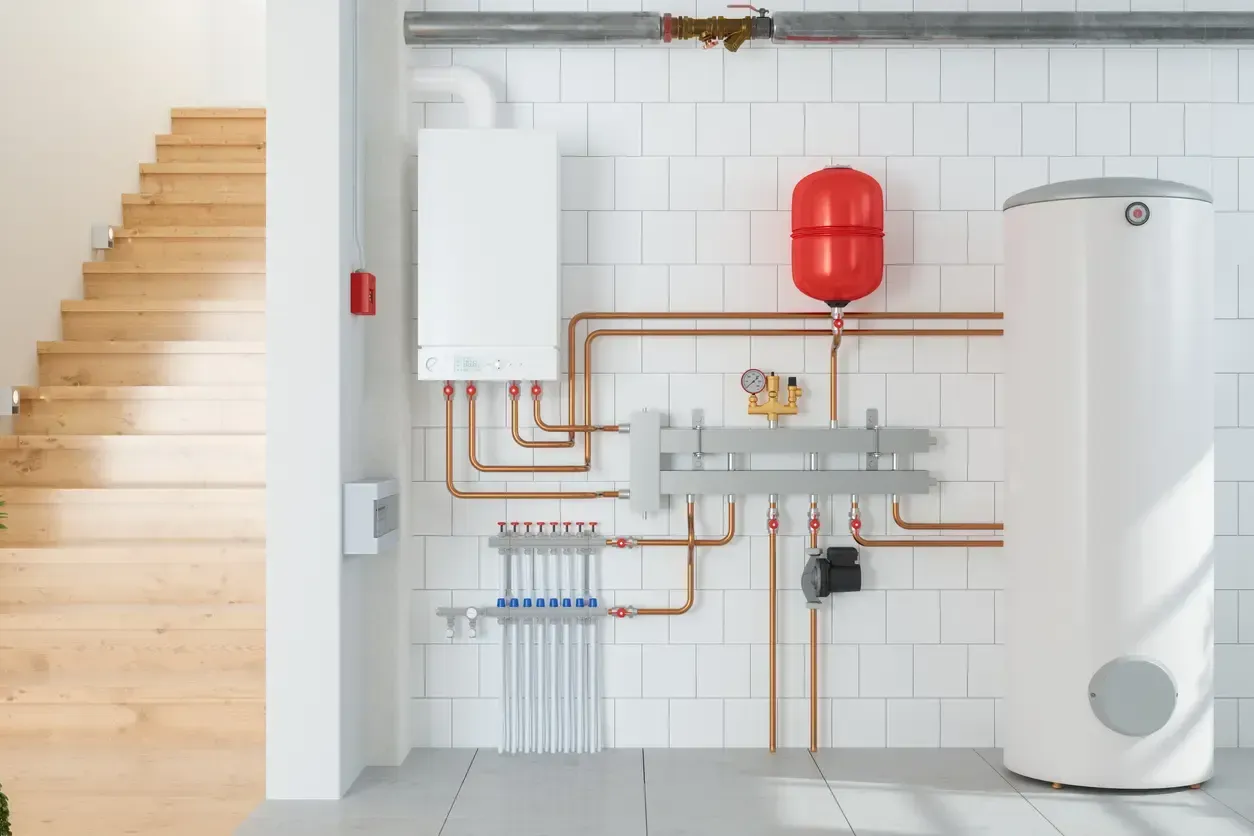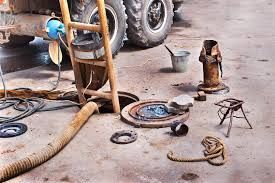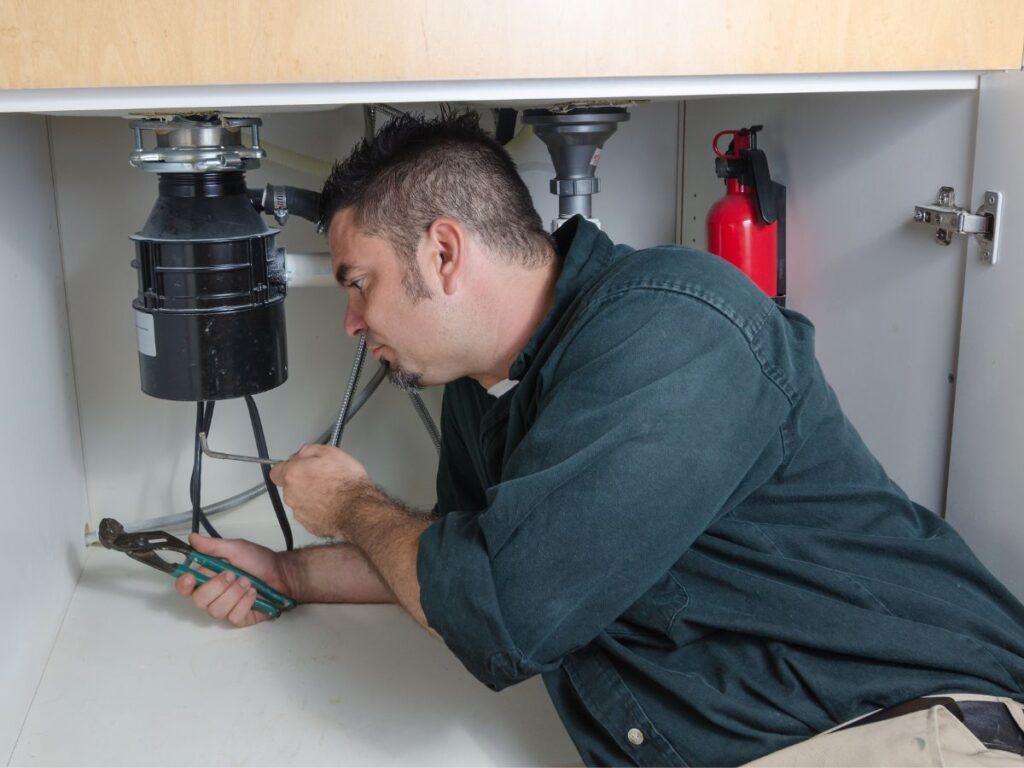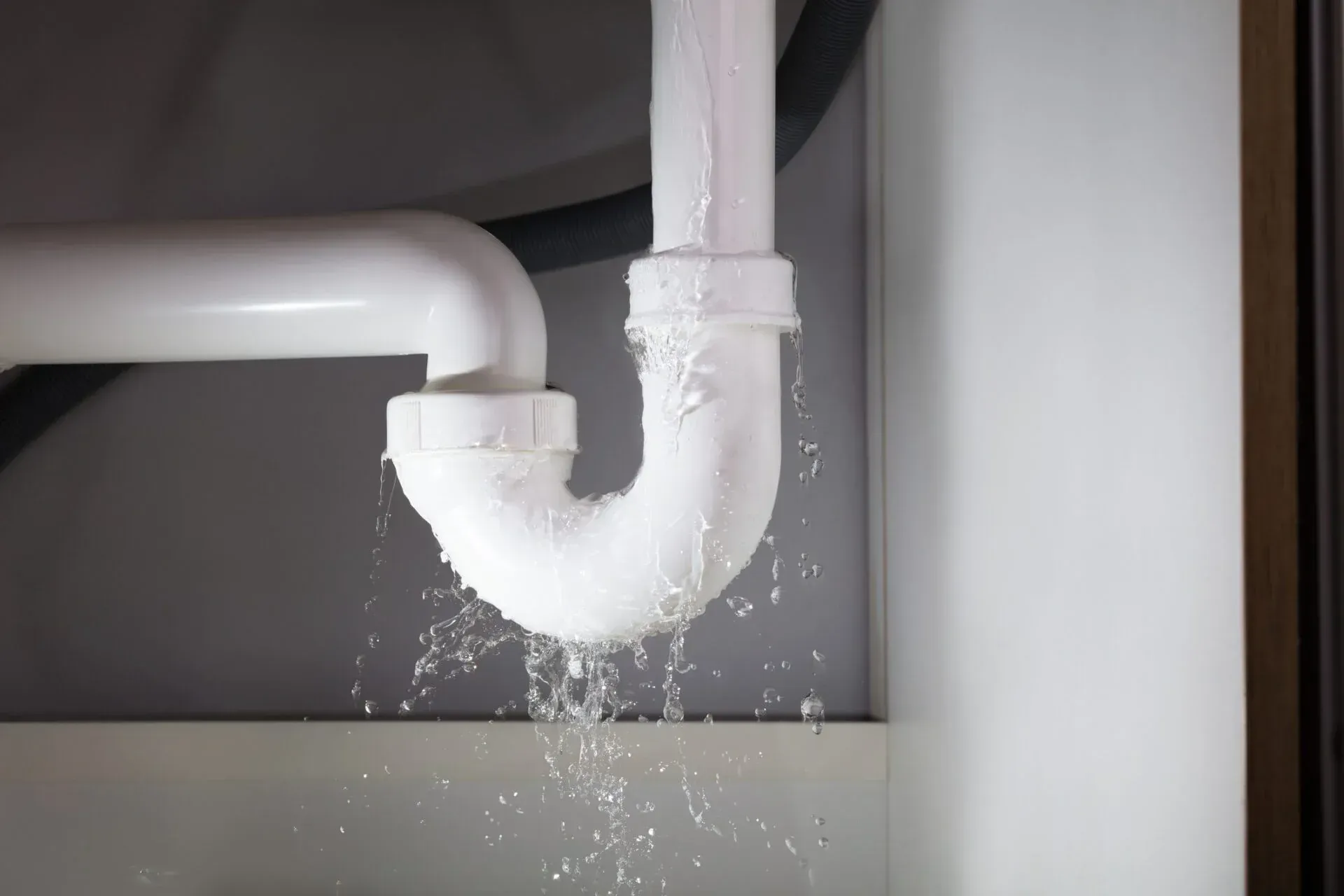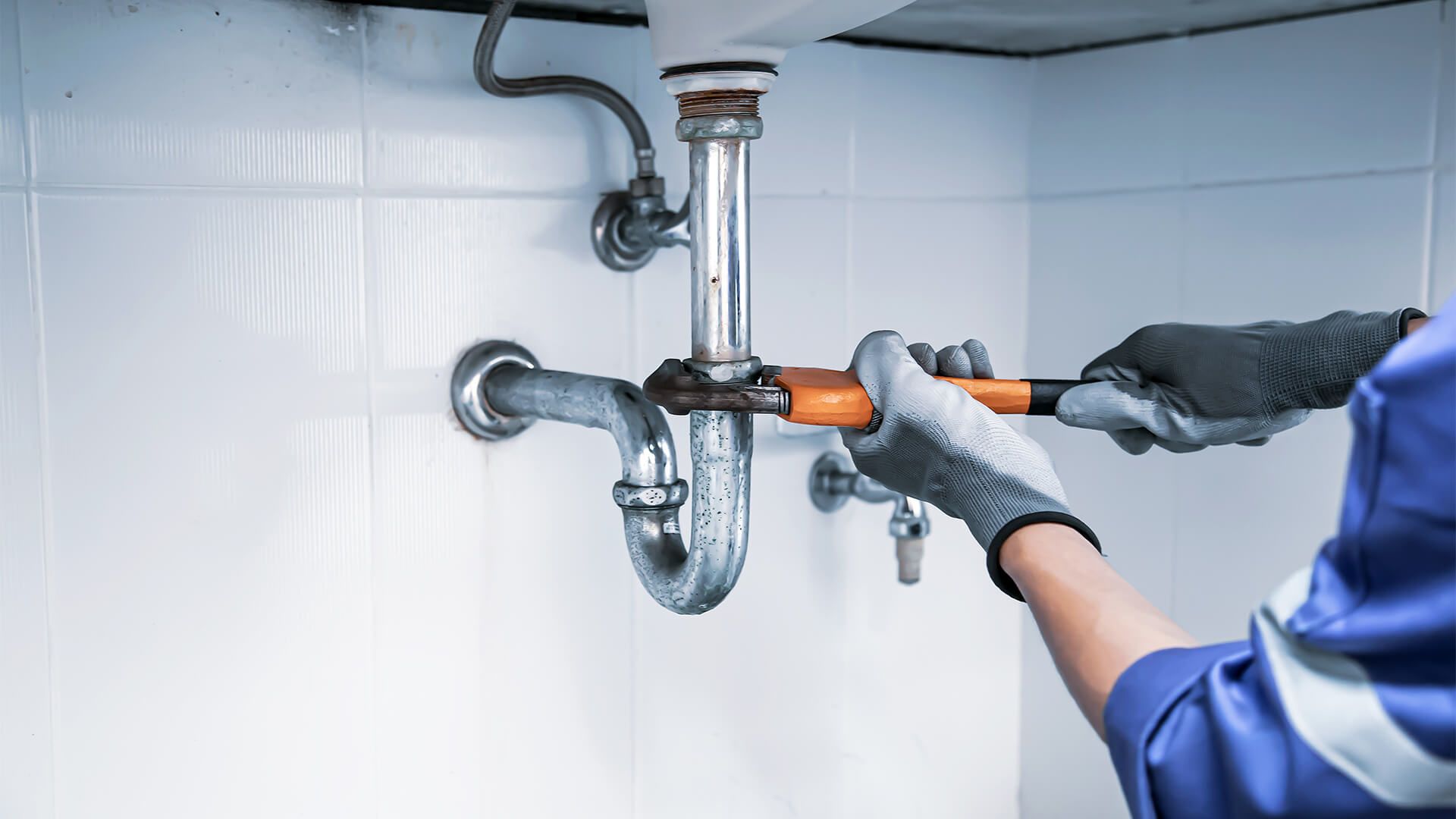Do I Need Commercial Sewer Line Repair?
A commercial property’s sewer system is one of its most critical yet often overlooked components. Unlike residential properties, commercial buildings experience significantly higher usage, making their sewer lines more prone to damage, clogs, and deterioration. A malfunctioning sewer system can lead to unpleasant odors, health hazards, and potential business disruptions. If you've noticed slow drainage, water backups, or an unexplained spike in your water bill, your commercial sewer line might be crying out for help. But how can you tell if a minor issue is turning into a costly catastrophe? Let’s explore the warning signs, causes, solutions, and preventive measures to ensure your business doesn't come to a standstill due to a faulty sewer line.
Four Ways to Handle a Broken Sewage Pipe
Signs Your Commercial Sewer Line Needs Repair
Recognizing the early signs of a failing sewer line can save you from major repairs and costly replacements. If you notice any of these issues, it might be time to call in an expert:
1. Persistent Drain Clogs
Frequent or widespread drain clogs indicate a deeper problem beyond simple blockages. If plungers and drain cleaners aren’t solving the issue, your sewer line might be partially or fully obstructed by debris, grease buildup, or even tree roots infiltrating the pipes.
2. Unpleasant Odors
A well-functioning sewer system is designed to keep foul odors contained. If you start noticing a strong sewage smell inside or around your property, it could signal cracks or leaks in your sewer lines, allowing gases to escape.
3. Slow Drainage Across the Property
If sinks, toilets, and floor drains are emptying slower than usual, this could be a sign of an impending sewer line blockage. Unlike isolated clogs, slow drainage throughout the building often points to an issue deep within the system.
4. Sewage Backups
Water backing up into sinks, toilets, or floor drains is an urgent red flag. When wastewater has nowhere to go, it will find its way back up, creating an unsanitary and disruptive situation for your business.
5. Unexpectedly High Water Bills
A damaged sewer line can lead to continuous water leaks, increasing your monthly water bill. If your usage habits haven’t changed but your bill keeps climbing, it’s worth investigating a potential underground leak.
Common Causes of Commercial Sewer Line Damage
Understanding the root causes of sewer line issues can help you address the problem effectively. Here are some of the most common reasons commercial sewer lines fail:
1. Grease and Debris Buildup
Restaurants and food businesses frequently experience sewer line issues due to grease, food particles, and debris accumulating in the pipes. Over time, this buildup restricts flow and leads to blockages.
2. Tree Root Infiltration
Tree roots naturally seek out water sources and can grow into sewer lines, causing blockages, cracks, or even complete pipe collapses.
3. Aging Pipes and Corrosion
Older commercial buildings may have outdated sewer pipes made of clay, cast iron, or other materials that deteriorate over time. Corrosion weakens the pipes, making them more susceptible to leaks and collapses.
4. Ground Shifts and Soil Movement
Natural ground shifts, construction work, or even frequent heavy traffic near sewer lines can lead to misalignment, cracks, or even broken pipes.
How Is a Commercial Sewer Line Repaired?
The repair approach depends on the severity of the damage, but here’s how professionals typically handle the issue:
1. Sewer Camera Inspection
Plumbers use high-resolution cameras to inspect the sewer lines, identifying blockages, cracks, or root invasions without digging up the entire system.
2. Hydro Jetting for Blockages
If the issue is caused by grease buildup or debris, high-pressure hydro jetting can clear the pipes without damaging them.
3. Pipe Relining
For minor cracks or leaks, trenchless pipe relining involves inserting a resin-coated liner into the damaged pipe, which hardens to create a seamless, durable repair without extensive excavation.
4. Full Sewer Line Replacement
For severely damaged or collapsed pipes, a complete sewer line replacement may be necessary. While more invasive, modern trenchless techniques can minimize disruption to your business operations.
Risks of Ignoring a Sewer Line Problem
Delaying necessary repairs can lead to serious consequences, including:
- Health hazards: Sewage leaks can expose employees and customers to harmful bacteria and pathogens.
- Structural damage: Persistent leaks can weaken building foundations and flooring.
- Legal and compliance issues: Many municipalities enforce strict regulations on sewage management, and violations can result in fines or business shutdowns.
Preventing Future Sewer Line Issues
Taking proactive steps can help prevent costly repairs and unexpected disruptions:
- Schedule regular inspections: Annual camera inspections can catch minor issues before they escalate.
- Implement grease management: If your business deals with food, ensure grease traps are properly maintained to prevent buildup.
- Use drain strainers: Prevent debris from entering your drains by installing strainers in sinks and floor drains.
- Limit landscaping near sewer lines: Avoid planting deep-rooted trees near underground sewer pipes.
Conclusion: Protect Your Business with Proactive Maintenance
Your commercial sewer system is a critical part of your business infrastructure. Ignoring the warning signs of a damaged sewer line can result in major financial losses, unsanitary conditions, and potential legal trouble. By staying vigilant, scheduling routine inspections, and investing in professional repairs when necessary, you can keep your sewer system running smoothly and avoid unexpected disruptions. If you suspect your commercial sewer line needs attention, don’t wait—reach out to a professional plumber today and safeguard your business’s future.
